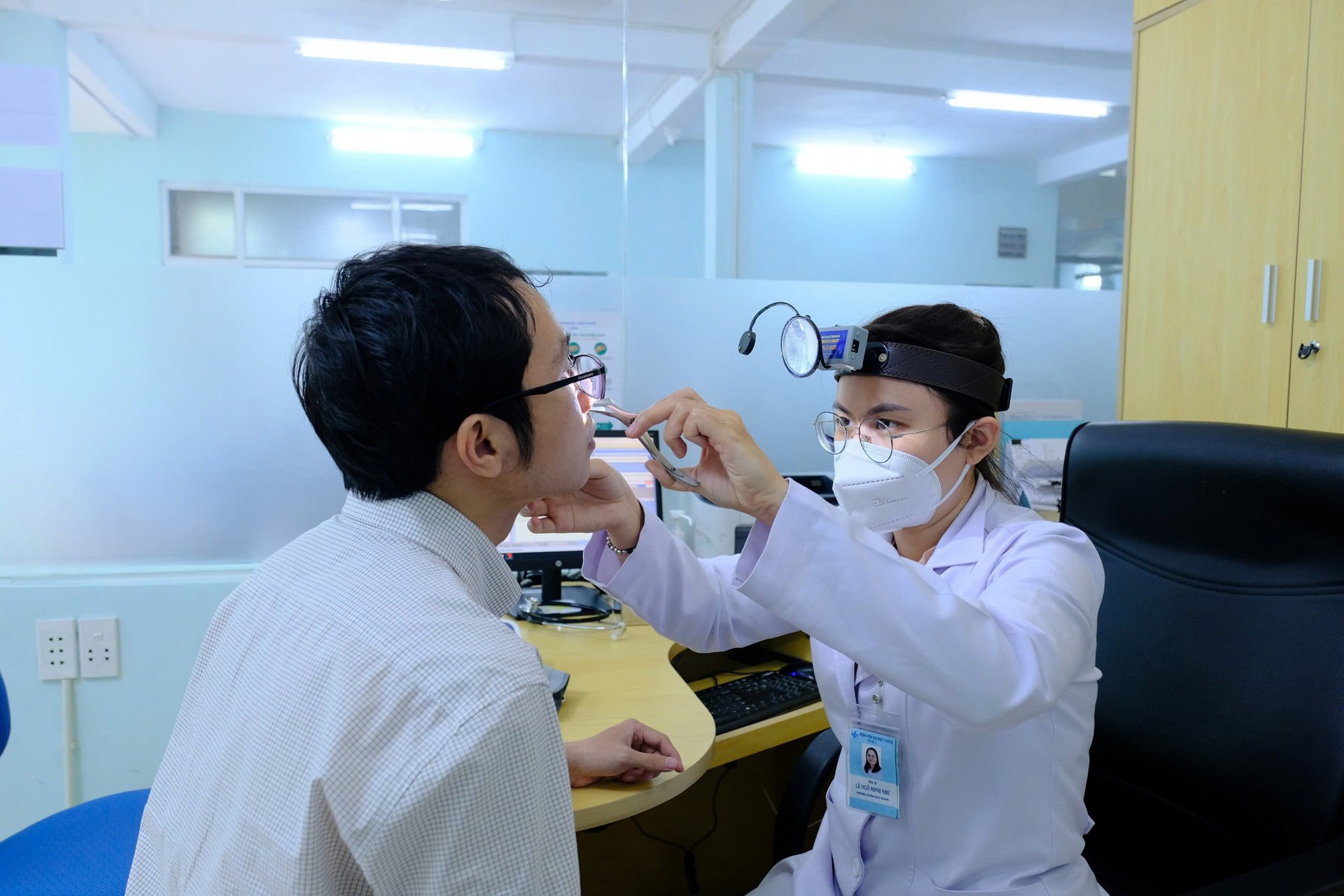
Doctors at University of Medicine and Pharmacy Hospital - Facility 3 examine and treat patients with sinusitis due to erratic weather changes - Photo: HOANG NHAN
Sinusitis: The Biggest Culprit
MSc. Dr. Le Ngo Minh Nhu - ENT - eye clinic, University of Medicine and Pharmacy Hospital - branch 3 - said that sinusitis or rhinosinusitis is an inflammation of the paranasal sinuses, caused by bacteria, viruses, fungi or allergic reactions.
The sinuses are hollow cavities within the skull, lined with a thin mucous membrane and connected to the nasal cavity through openings.
When sinusitis occurs, the sinus lining becomes swollen, blocking the openings and causing mucus to build up.
This leads to symptoms such as headaches, stuffy nose, runny nose. Headache is a common symptom that many people experience, especially when the weather changes.
Environmental factors such as temperature, humidity, and changes in air pressure will affect the sinus mucosa, causing sinusitis symptoms, including headaches.
Specifically, when the temperature drops suddenly, the sinus mucosa is irritated, leading to increased mucus production.
This increased secretion can clog the sinus openings, putting pressure on the sinuses and leading to headaches that may radiate to the forehead, cheekbones, or behind the eyes.
In dry weather, the nasal mucosa and sinuses are irritated, causing discomfort and inflammation. When the nasal mucosa and sinuses are inflamed, they will quickly swell, blocking the sinuses and causing nasal congestion and headaches.
Or when atmospheric pressure changes, it leads to a pressure difference between the sinuses and the outside environment, causing pain and tension in the sinuses, leading to headaches.
How to treat sinusitis when the weather changes?
Dr. Minh Nhu added that treatment of sinusitis or sinus headaches is based on the principle of using medication and supportive measures to control symptoms and prevent sinusitis from getting worse.
For cases where medication is required, the patient may be prescribed by the doctor some medications that can be used to treat sinusitis such as: antipyretics and pain relievers to control temperature and help relieve pain.
Antibiotics (if there is an infection) are recommended if the sinusitis is caused by bacteria. The duration of use is 7-14 days depending on the severity of the infection. Antibiotics are only prescribed when there are signs of infection, not for cases of sinusitis caused by viruses or allergies.
Anti-allergic drugs: Should be used in patients in whom allergies are considered a predisposing factor for sinusitis.
There are also topical vasoconstrictors and systemic vasoconstrictors; topical corticosteroids (this is the recommended medication for chronic sinusitis or allergies.)
Non-drug methods:
Nasal irrigation with saline: Nasal irrigation with saline solution (0.9% NaCl) is a safe and effective method to clear the sinuses, reduce mucus buildup and help relieve headaches. Irrigation 2-3 times a day can help keep the nose and sinuses clear.
Steam inhalation: Steam inhalation helps to thin mucus in the sinuses and nose, relieve congestion and reduce sinus pressure, thereby reducing headaches. You can add essential oils such as eucalyptus or peppermint to increase the effectiveness of nasal decongestion.
Warm compress: Applying a warm compress to your forehead and nose can help relieve sinus pressure and relieve pain. The heat from the warm compress can help dilate blood vessels and improve circulation, thereby relieving headaches.
In some cases of chronic sinusitis that do not respond to medical treatments, functional endoscopic sinus surgery may be indicated to widen the sinus openings, remove sinus polyps or infected tissues to reduce obstruction and improve air circulation in the sinuses, thereby reducing symptoms of headache and nasal congestion.
Prevent sinusitis causing headaches when the weather changes?
Doctor Nhu recommends that to prevent sinus headaches caused by weather changes, you need to keep your nose and throat clean, wash your nose, and gargle with saline or antiseptic solutions once a day.
Also avoid exposure to dust, chemicals, and cold.
Wear a mask and coat when going out; do not smoke, limit alcohol, spicy, fatty, sweet, and cold foods.
Eat nutritious food, rest properly, exercise regularly.
Remember to have regular health check-ups, early detection and treatment of associated diseases, favorable factors causing sinusitis and comply with doctor's treatment (if any).
Source: https://tuoitre.vn/thoi-tiet-that-thuong-vi-sao-nhieu-nguoi-hay-dau-dau-20240927113015525.htm



![[Photo] Party Committees of Central Party agencies summarize the implementation of Resolution No. 18-NQ/TW and the direction of the Party Congress](https://vphoto.vietnam.vn/thumb/1200x675/vietnam/resource/IMAGE/2025/10/27/1761545645968_ndo_br_1-jpg.webp)




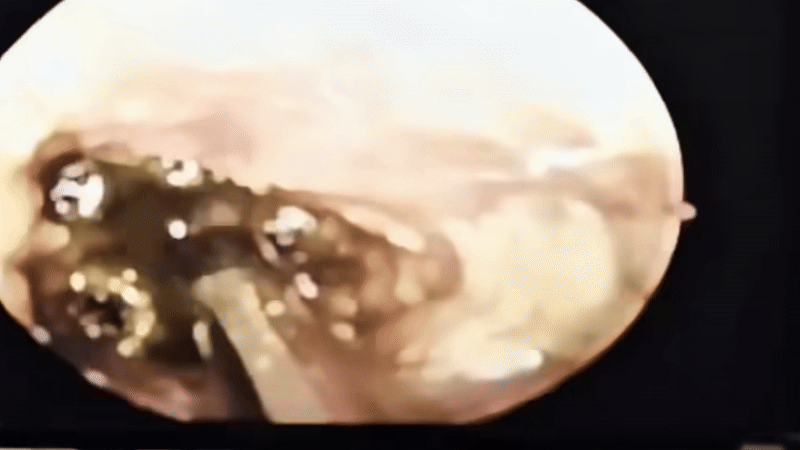

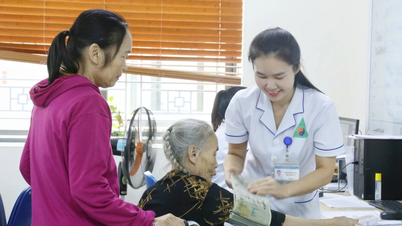



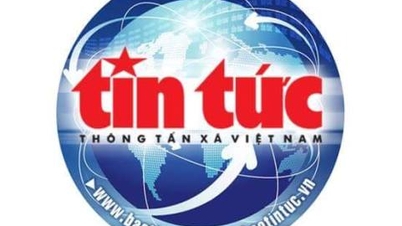

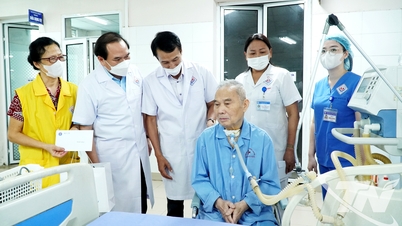

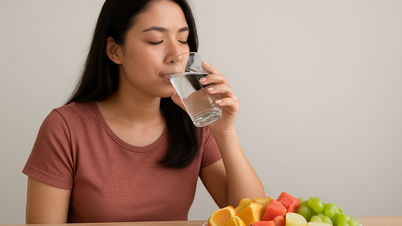






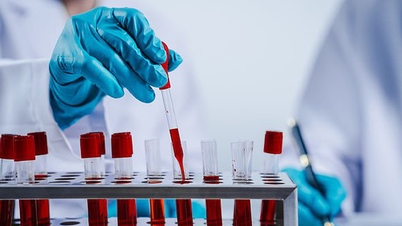
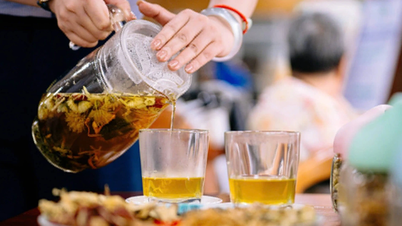
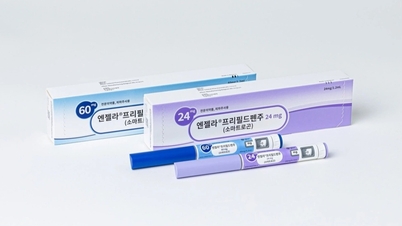






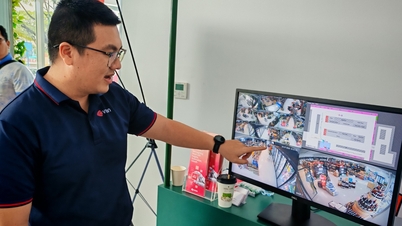



















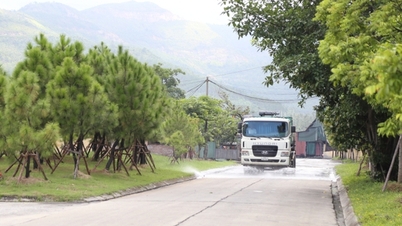

















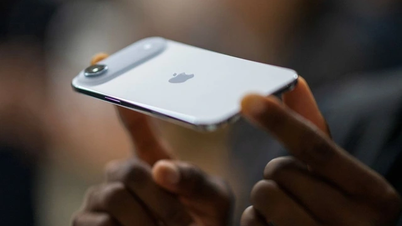







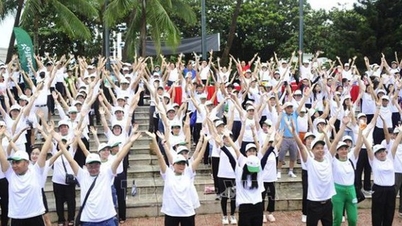

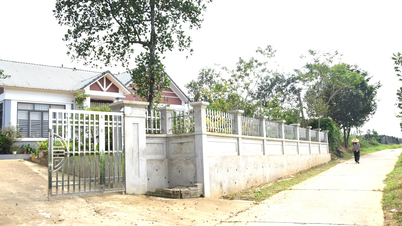
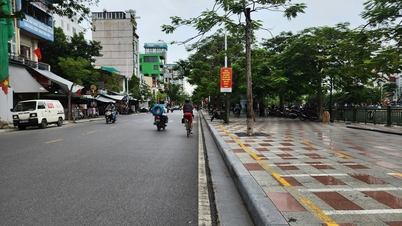





















Comment (0)